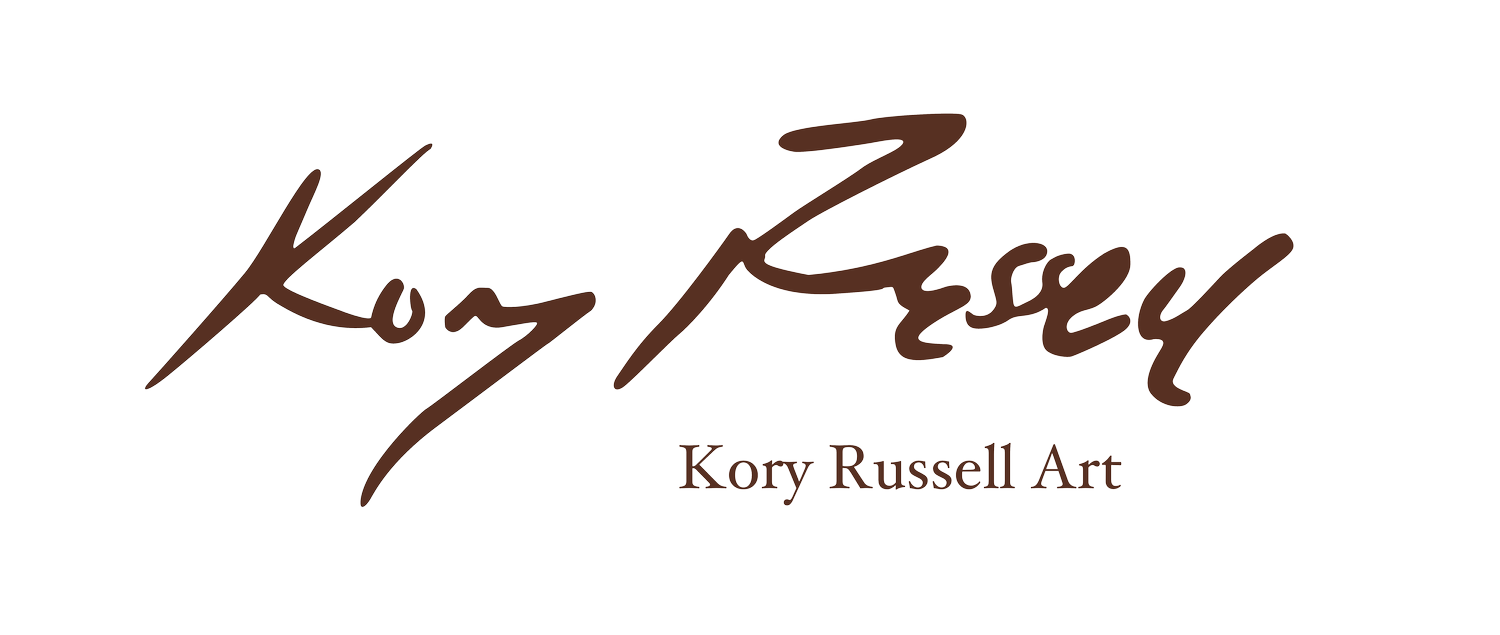The Golden Country; when you think too much about George Orwell
The Golden Country (Drawn Out)
The scene depicted in this work was taken from the moment in 1984 that Winston and Julia meet for the first time in the countryside.
The title comes from the description Orwell uses of Winston as “etiolated” when he visits the country; like a plant that has lived its life with little sustenance, no light, and so has become drawn out, gangly and pale. In fact the first description of Winston is like a succulent grown in the dark “His hair was very fair, his face naturally sanguine.” As an avid gardener Orwell knew well the detrimental effects of darkness on a plant, and uses this knowledge throughout 1984.
Orwell explains, in stark, dreary details, the space that Winston lives and works in the first chapter. The first moment the reader is given some break from this miserable gray world is when he meets Julia for the first time for a tryst in the country. There he stops to pick bluebells and walks along the golden countryside, but there is still an oppressive feeling in the scene as they don’t dare speak until they are hidden away in a small clearing where they are certain no microphones are concealed. Orwell also notes that Winston feels dirty from the “May sunshine;” a very odd feeling for anyone who’s ever stepped into the sunshine from a dark, fluorescent lit building- especially of the rundown sort that Winston spends his life. However, still, Winston’s greatest hope is that he will see O’brien in “the place where there is no darkness.”
The title of this painting also speaks to Winston being drawn out of the shadows by his own will for the first time, but, also, I believe it is possible that O’Brien has created this scenario in order to draw Winston out from his hidden cave of quiet rebellion. O’Brien obviously has control over all manner of Winston’s life, and it isn’t hard to arrive at the conclusion that he has also had a hand in this rendezvous.
As you might well know, looking through my past work, I have a, not entirely well understood fascination with underwater scenes. It wouldn’t be hard to imagine that I might do another with 1984, but it seemed to fit so seamlessly with the idea of the book. I was unclear exactly why until I read it once again, and was inundated with the references to water; the very name of the country Oceania and the constant imagery that Orwell uses to describe the oppressive nature of Ingsoc and the ruling Inner Party. Potentially the most paralyzing image of water is when Winston “see(s) in the large eyes of his mother and his sister, looking up at him through the green water, hundreds of fathoms down and still sinking” (p19.) Just after this memory, he dreams again of the “Golden Country,” with a girl very similar to Julia, in a place which sounds very similar to the place where he meets Julia alone for the first time.
It seems to me that O’Brien has some influence if not direct interference with Winston’s dreaming, since O’Brien seems to know exactly what Winston is referencing when he mentions “the place where there is no darkness;” a place only Winston knows of from his interaction with O’Brien in dreams. Hence, it seems likely to me that O’Brien has staged the entire interaction with Julia.
He’s obviously aware of the encounters Winston has with Mr. Charrington, as Charrington is a member of the Thought Police and sold Winston his notebook. It is apparent, then, that anything he writes in his journal has also been read by O’Brien.
A tethered oxygen line in the painting seems appropriate as Winston and Julia are never truly free from the governing and psychological ownership of Big Brother. They cannot escape their need for, nor their ties to O’Brien, as is evident by the end of the book. O’Brien also seems to replace Winston’s mother when he is under interrogation, so it seems fitting to use the oxygen line as a reference to an umbilical cord.
I hope to continue a fairly lengthy series on 1984, as Orwell’s insight into the human psyche and what that means for those who govern and are governed is possibly the most compelling thing I’ve read since Nietzsche or Heidegger.

